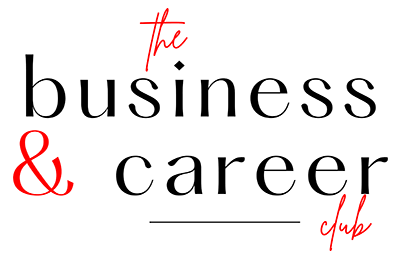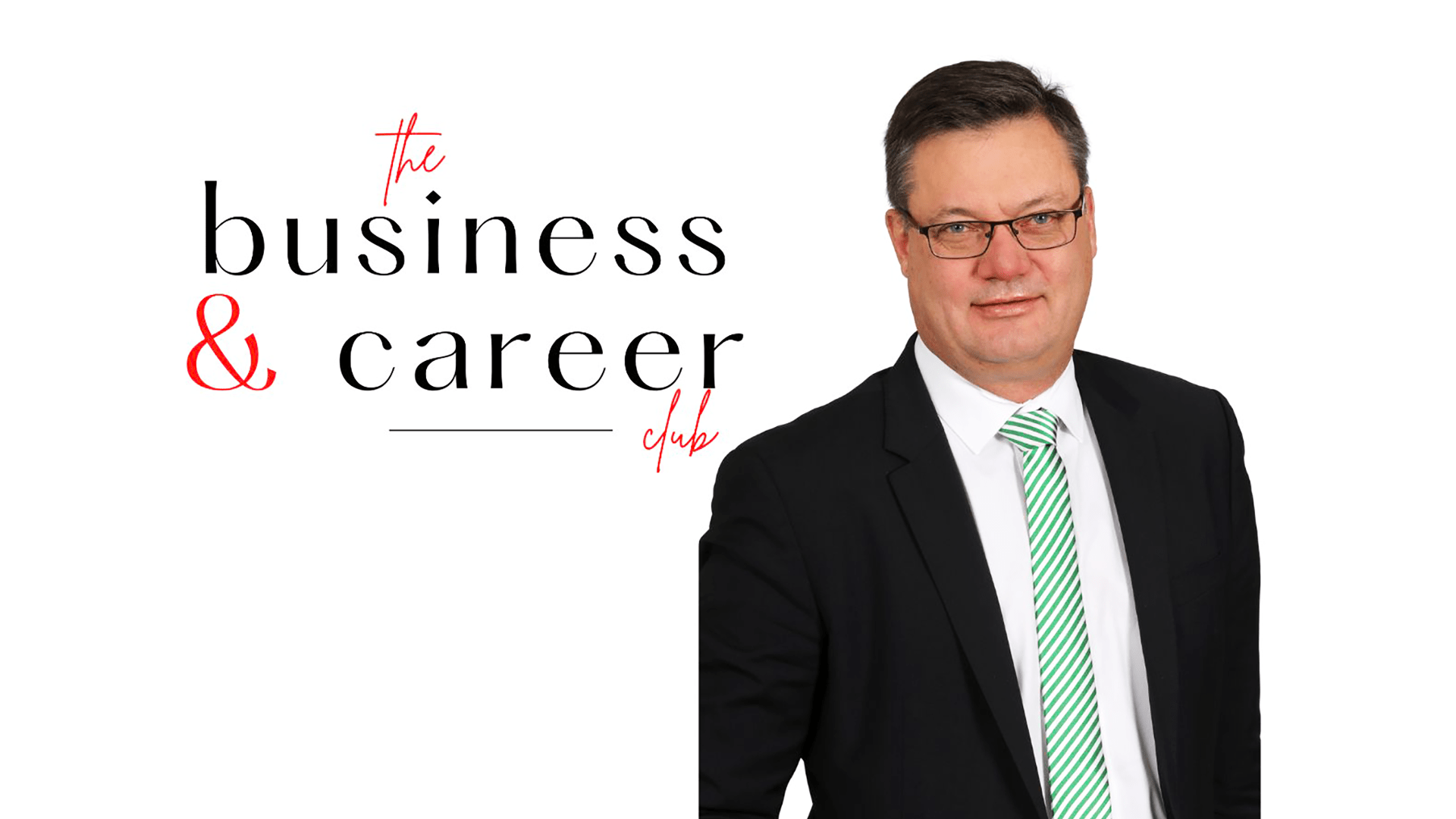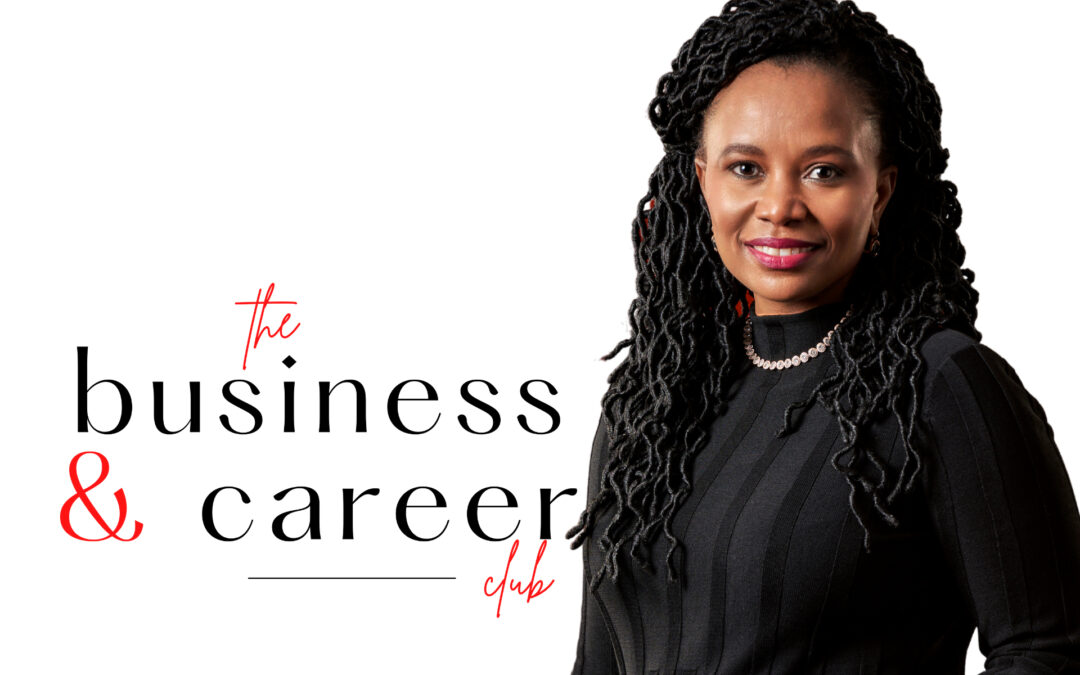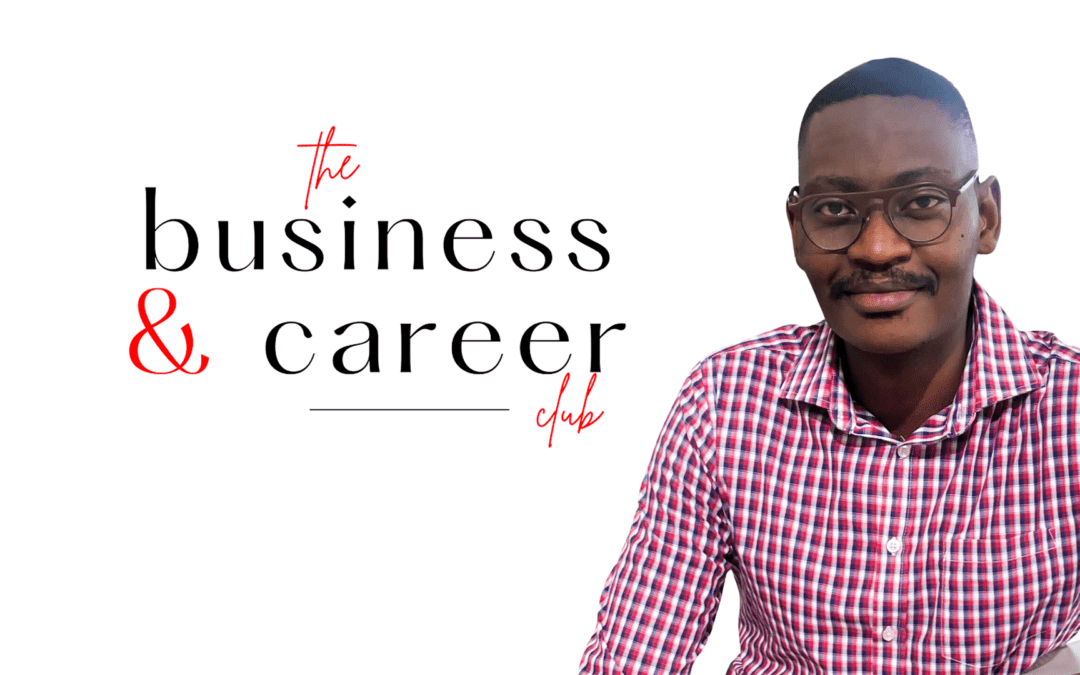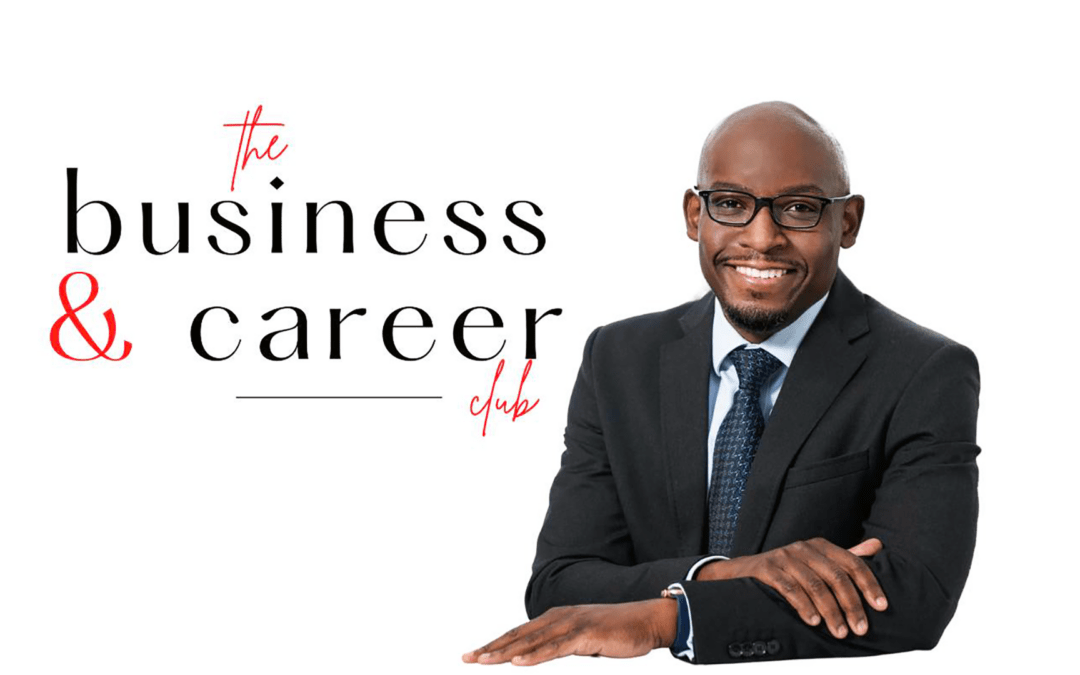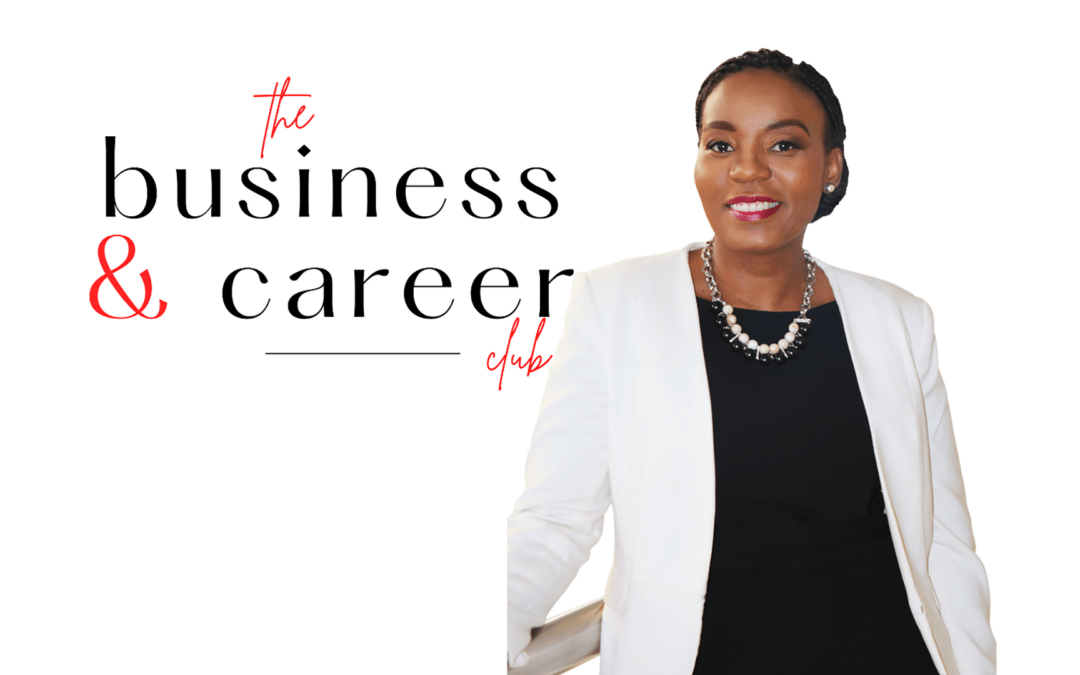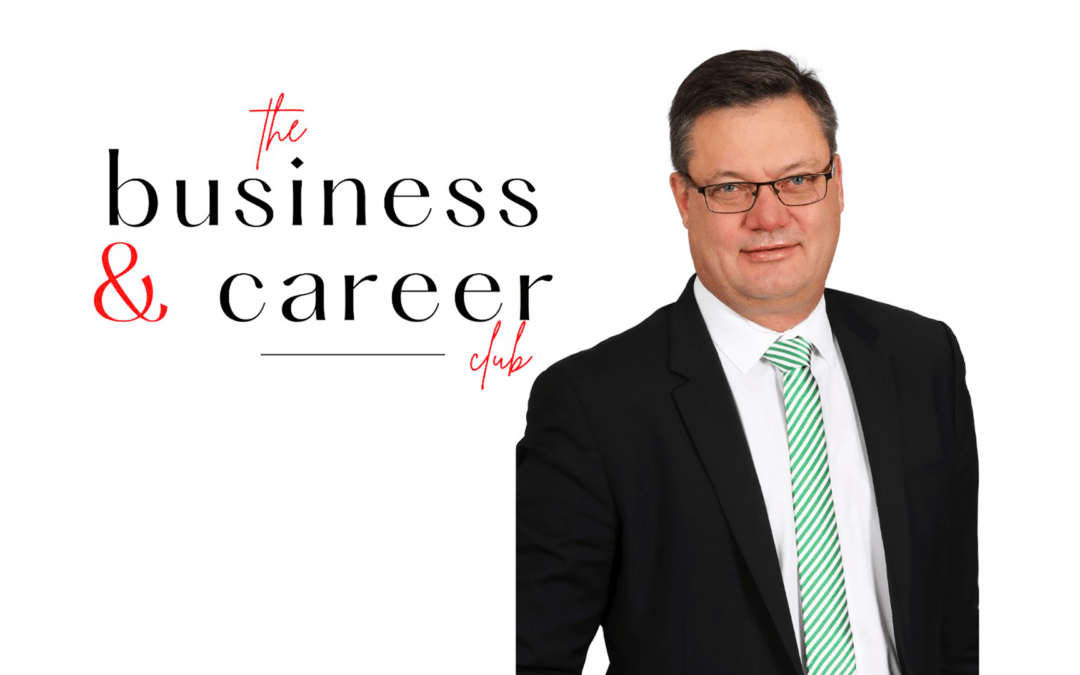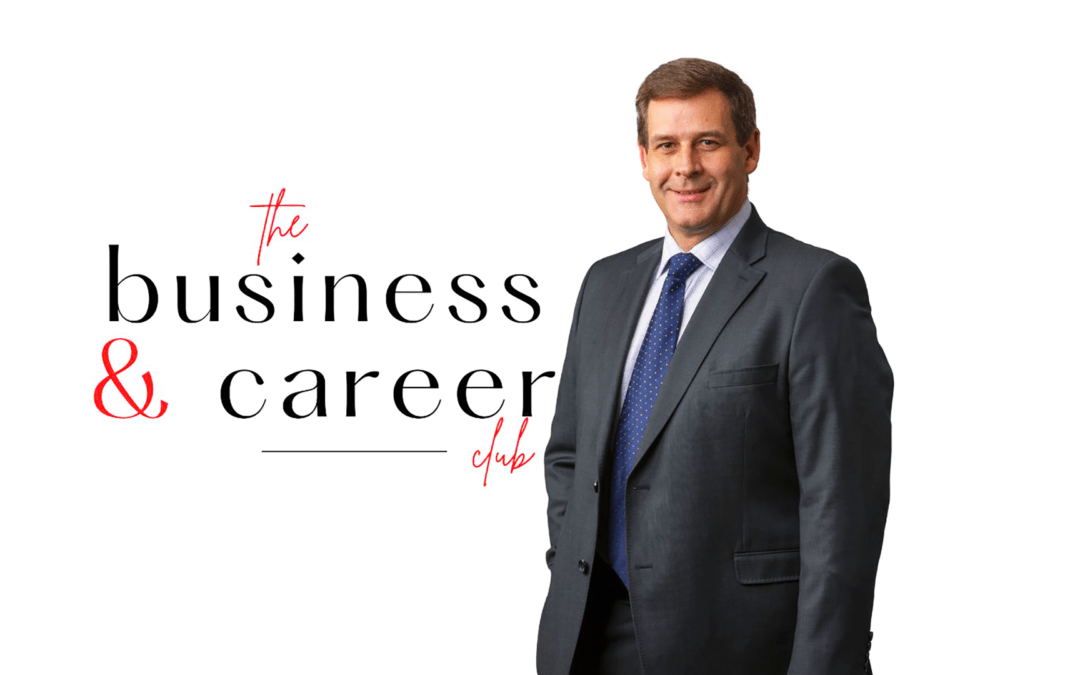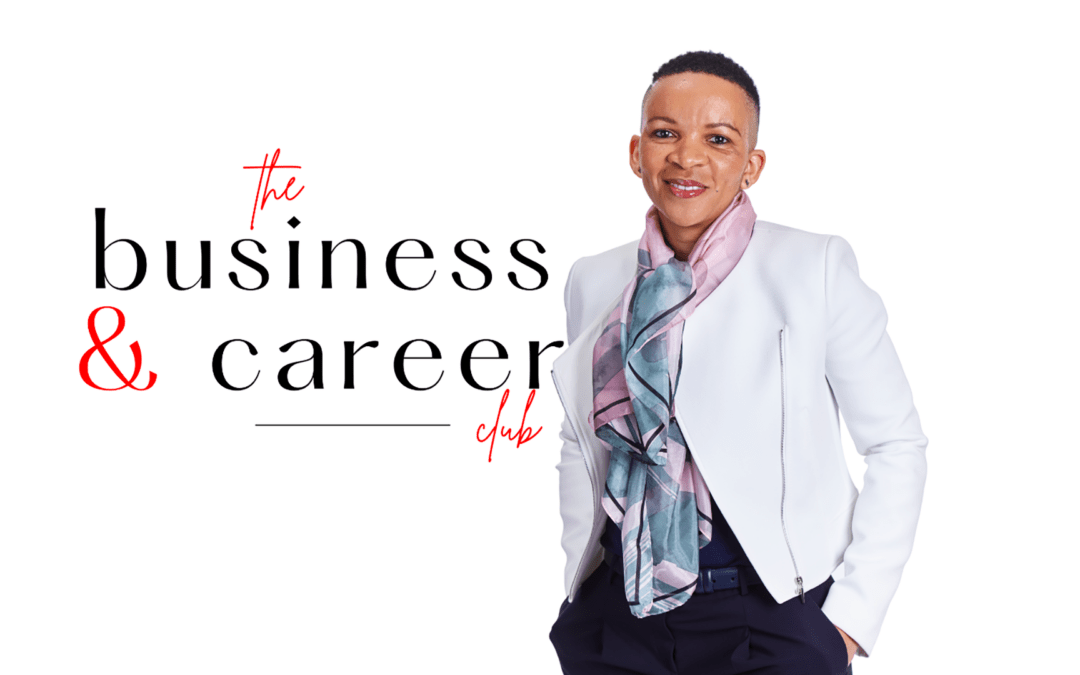For most of Old Mutual CFO’s Casper Troskie’s career he’s been in important positions that came with big responsibility and many challenges. I ask him what advice he has for other professionals when facing a crisis.
“Often you feel like you cannot divorce yourself from the problem. You feel personally responsible even if you are not and that is what causes stress. I therefore advise professionals not to take to heart difficulties that are not of your own making.”
“There are some things I simply do not have control over. I cannot influence how many people will pass away from COVID. I need to be clear about what I can manage and set goals to achieve them.”
He reveals that Old Mutual does a lot of scenario analysis and stress testing. The Group has a process that projects the possibility of certain adverse events taking place and prepares for them.
“The key here is preparation. Before the crisis hit, we had already put in place certain structures to mitigate its impact. We run our shareholder funds in a collar structure where we manage our returns within a corridor which means you are protected when you have a crisis. You have to think about that beforehand so that when crisis hits you are able to pull the right levers and derisk your balance sheet.”
He admits no one could have predicted the extent of the pandemic. “Even when the unexpected happens, having some level of preparation enables you to stay calm and think around what actions to take with a sober level-headed mindset. It is also important to have experienced colleagues in this regard; I really admire our Chief Risk Officer Richard Treagus whose work has enabled the Group to be resilient during the current turbulence.”
This article is an extract from the Masters of Money book by KC Rottok Chesaina (JONATHAN BALL PUBLISHERS)
